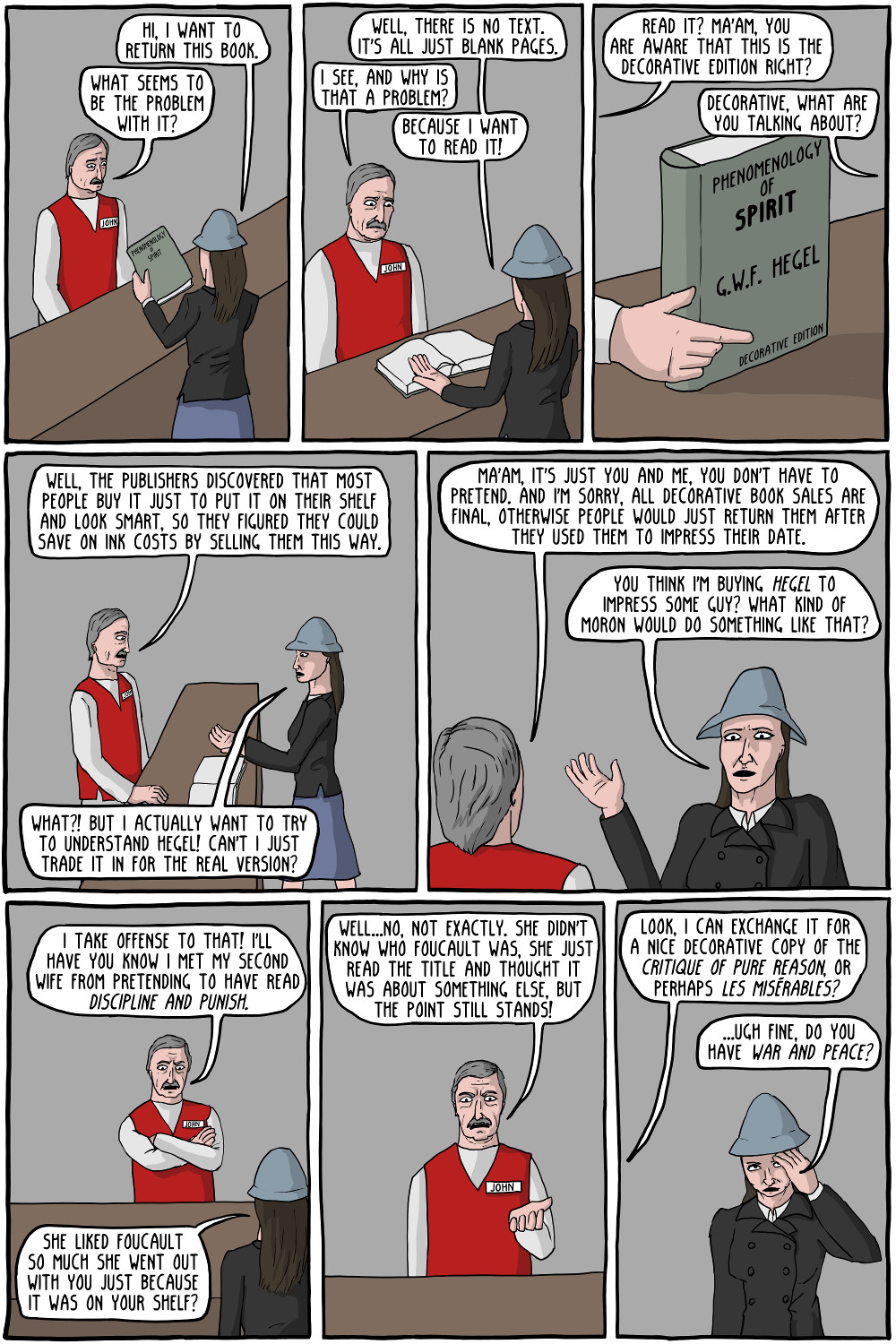Good words from Ken Paulson.
So what happens when the rallies end?
We've seen a heartening response to the brutal assassination of journalists at Charlie Hebdo, the French satirical newspaper. Around the globe, people outraged by the brutal attack have gathered under the "Je Suis Charlie" banner. The same "We are Charlie" sentiment has been echoed by millions across social media.
But what happens when the town square is empty and "Charlie" is no longer trending? What happens when cartoonists sit back down at their drawing boards?
In the United States, we're blessed with the First Amendment, a constitutional guarantee of a free press. But the amendment only protects us against government censorship or punishment for what we write. It offers absolutely no protection against bullets.
In this country, we often talk about free speech in the context of controversial art or movies, or when debating the merits of incendiary tweets, or the spectacle of Kim Kardashian's backside on a magazine cover.
But consider the exercise of free speech by the editors and cartoonists of Charlie Hebdo. In 2011, the newsroom was firebombed. Threats against the paper's editorial director Stephane Charbonnier led to police protection. Despite the daily threat of violence, the newspaper continued to publish provocative cartoons and content. Freedom prevailed over fear.
So often we confuse the right to express ourselves with the courage to do so.
It took courage in the 1830s for crusading abolitionist newspaper editor Elijah Lovejoy to continue publishing the Alton (Ill.) Observer. Time and again, pro-slavery mobs destroyed his printing presses, but he kept printing. On Nov. 7, 1837, a mob marched on a warehouse where a press was hidden, determined to set fire to the building. Lovejoy was shot to death as he rushed to protect his press.
It took courage for African-American Ida B. Wells to editorialize against lynchings in the 1890s and for Alice Paul to demonstrate for women's equality a century ago, despite being sentenced to prison for seven months in 1917. It took courage for artists like Pete Seeger to sing songs challenging authority after being blacklisted and for Lenny Bruce to perform after repeated arrests.
It took courage for Salman Rushdie to write "The Satanic Verses" and face a death sentence from Iran, and for Dutch Artist Theo van Gogh to make a film challenging the treatment of women in Islam, a movie that led to his murder.
And it took courage for American journalists James Foley and Steven Sotloff to report at great personal risk on events in Syria. Both were beheaded by Islamic extremists last year. Many other journalists also died in pursuit of the truth. The Committee to Protect Journalists reports that worldwide at least 60 journalists were killed in 2014, with almost half of them murdered.
Free speech can lead to threats. And imprisonment. And death.
We owe a debt to those who stand up for what they believe, reporting, writing and expressing themselves, regardless of personal consequence.
I'll admit I love the idea of the free world, standing as one, declaring "We are Charlie." I only hope we're that brave.
Ken Paulson is the president of the Newseum Institute's First Amendment Center in Nashville and the dean of the College of Mass Communication at Middle Tennessee State University. Nashville Tennessean






 Charles Darwin (
Charles Darwin (














